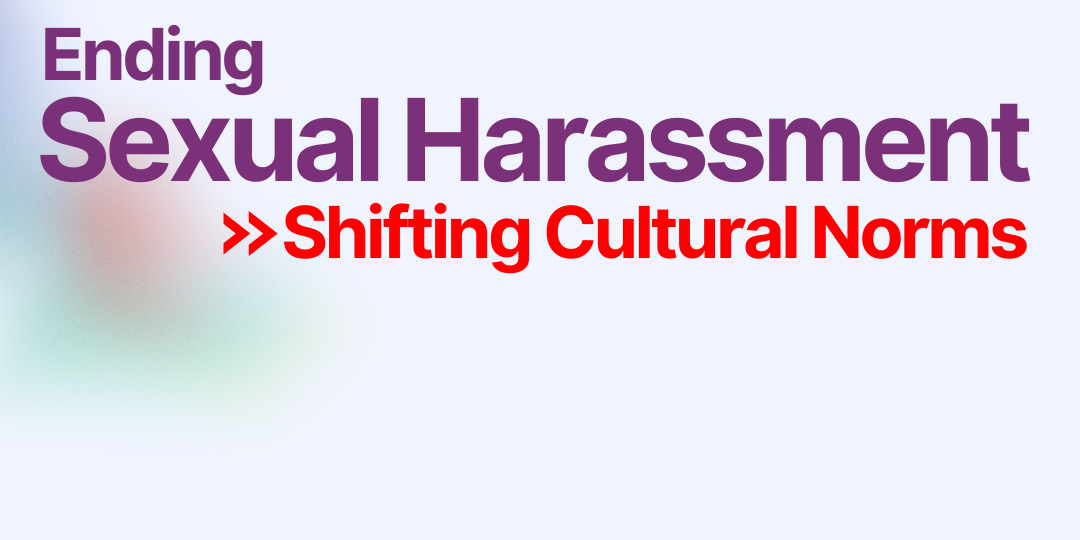
Sexual harassment is a type of discrimination based on sex involving unwanted comments or behaviour that intimidate, offend, or humiliate another person, and can be experienced by men or directed toward someone of the same sex. Sexual harassment is also described as a form of gender-based violence (GBV). Like the more overt forms of GBV such as domestic violence, or sexual violence; sexual harassment disproportionately affects women, is criminal and a violation of human rights.
Sexual harassment can occur anywhere—streets, workplace, places of learning—and is a violation of human rights. It includes unwelcomed sexual advances, requests for sexual favors, and other verbal or physical harassment of a sexual nature.
On Thursday 19th January, CIWiL hosted a Regional Webinar focused on ending sexual harassment through shifting cultural norms. Presenters included Leah Thompson, Akins Vidale and Angelina Sookoo Bobb.
To view the full webinar, click here.
To learn more about sexual harassment, view the following resources.
- Sexual Harassment in the Workplace: Let the Conversation Begin!
- Global Voices Article on need for Sexual Harassment laws in Trinidad and Tobago
- Trinidad and Tobago Equal Opportunity Commission Guidelines on Sexual Harassment in the Workplace
- Impact Justice Model Sexual Harassment Bill (Caribbean)
- CARICOM Model Legislation on Sexual Harassment
- Presentation by EOC on Sexual Harassment in Trinidad and Tobago, presented at the 11th Gathering of the Parliamentary Network for Gender Equality in Mexico City, 2019
- Sexual and Gender-based Harassment
- FAQ Sexual Harassment at the Workplace
- Sexual and Gender-based Harassment, Learning Network
- FAQ Sexual Harassment at the Workplace, ILO
- Sexual Harassment, CARE


